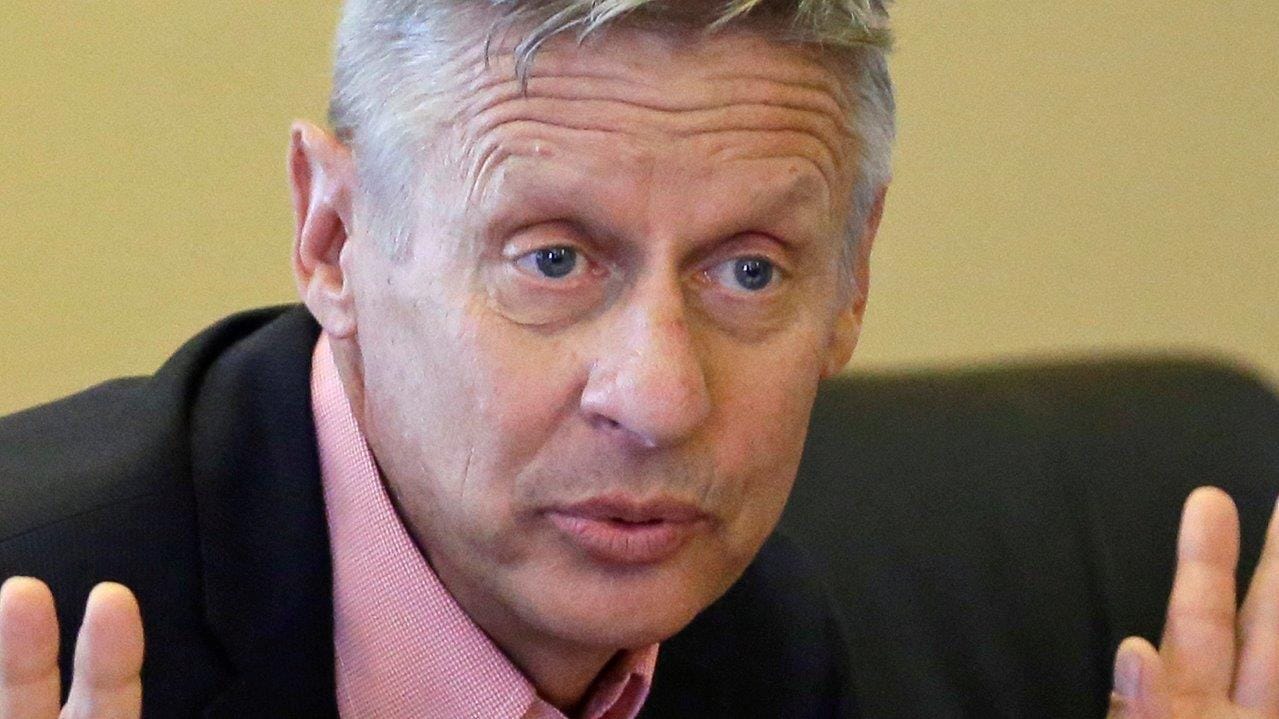In a notable legal development, the defense team for a man accused of plotting to assassinate Supreme Court Justice Brett Kavanaugh has filed a motion seeking to exclude specific pieces of evidence from the upcoming trial. This request has emerged as a focal point in the case, which has attracted considerable media attention and public scrutiny due to its implications for the safety of high-ranking officials.
The accused, who has been identified as Nicholas John Roske, was arrested in June 2022 outside Kavanaugh’s residence in Maryland. Authorities reported that Roske was armed with a firearm and had intentions to kill the justice, which he allegedly expressed in a series of statements made to law enforcement upon his apprehension. The case has raised critical discussions about the increasing threats faced by public officials, particularly in the current political climate.
In their motion to dismiss evidence, Roske’s attorneys contend that certain materials obtained by law enforcement were gathered in violation of their client’s constitutional rights. They argue that the methods used to collect this evidence were not in accordance with established legal protocols, thus rendering it inadmissible in court. The specifics of the evidence in question have not been publicly disclosed, but the defense maintains that its exclusion is crucial for a fair trial.
The legal team is invoking the Fourth Amendment, which protects individuals from unreasonable searches and seizures. They assert that any evidence collected in violation of this amendment should be deemed inadmissible. The defense’s argument underscores the importance of adhering to constitutional protections, even in cases involving serious allegations such as those against Roske.
Prosecutors, on the other hand, are expected to counter the defense’s claims by arguing that the evidence was obtained through lawful means and is pertinent to the case at hand. The prosecution’s stance is likely to emphasize the gravity of the charges and the potential threat posed by the defendant’s actions. As the legal proceedings unfold, both sides will present their arguments regarding the admissibility of the evidence, which could significantly influence the outcome of the trial.
The case is particularly significant not only because of its direct implications for Kavanaugh but also due to the broader context of political violence and threats against public officials. In recent years, there has been a noticeable uptick in threats directed at judges, lawmakers, and other government figures, raising alarms about the safety and security of those in positions of power. This case serves as a stark reminder of the risks that public officials face and the need for robust legal protections.
As the trial approaches, the public will be closely monitoring developments in the case. The issue of evidence admissibility is critical, as it can shape the narrative and the legal strategies employed by both the defense and the prosecution. The court’s decision on the motion to exclude evidence will be pivotal, potentially affecting the course of the trial and the eventual outcome.
In addition to the legal ramifications, this case has broader societal implications. It brings to light the ongoing discourse surrounding the protection of public officials and the measures necessary to safeguard their safety. Discussions surrounding political violence and the responsibilities of law enforcement agencies to protect individuals in high-profile positions are likely to resurface as the case progresses.
The legal community is also watching this case with keen interest, as it could set precedents regarding the treatment of evidence in cases involving political figures. Legal experts are likely to analyze the court’s rulings and the arguments presented by both sides, contributing to the ongoing conversation about the balance between national security and individual rights.
In conclusion, the motion filed by Nicholas John Roske’s defense team to exclude evidence from his trial for allegedly plotting to assassinate Justice Brett Kavanaugh raises significant legal questions and highlights broader societal issues regarding threats to public officials. As the case unfolds, it will be essential to observe how the court navigates the complexities of constitutional protections and the implications for the safety of those in power.


